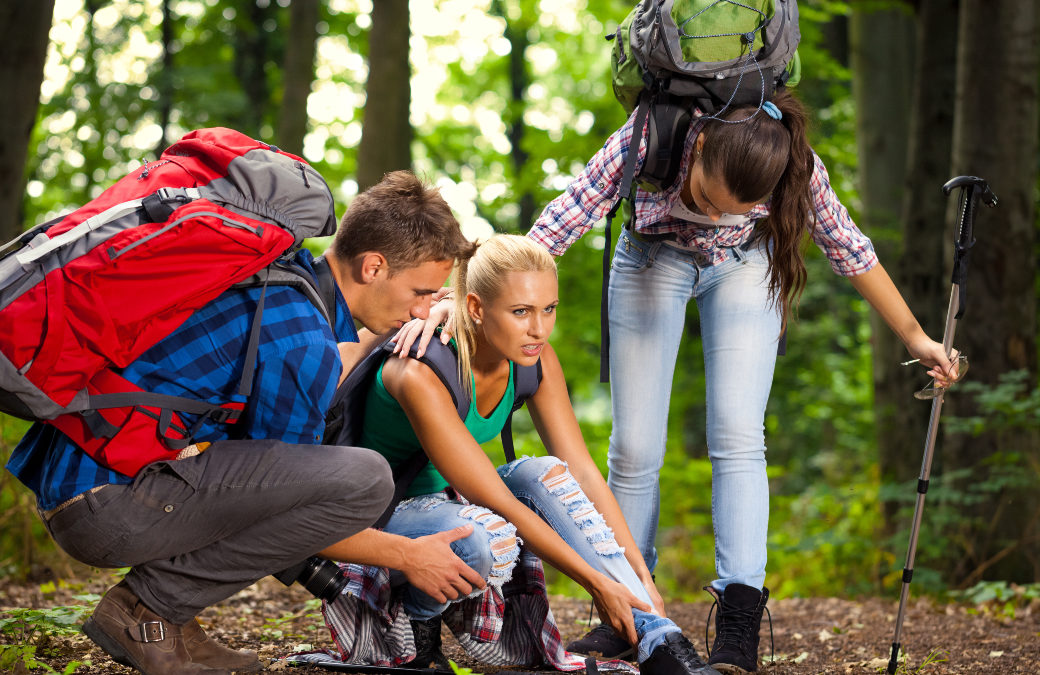Setareh Law
October 25, 2024
California has some of the most beautiful outdoor spaces in the world. Locals and visitors alike flock to the state’s hills, trails, and waterfront areas every day of the year to go hiking. Though California’s terrain is breathtakingly beautiful, it can also be dangerous depending on where you go and how you traverse the area. The Centers for Disease Control (CDC) has stated that hiking is the third most common cause of injury in the outdoors, after snowboarding and sledding.
If you’re injured while hiking in California, you may be wondering who, if anyone, is liable for your injuries. Depending on how and where you were injured, a third party possibly could be held responsible. If your injuries came about solely due to your own negligence, it may be more difficult to prove that someone else is responsible. If your injuries came about as a result of a third party’s negligence, you may have a claim. There are a few circumstances in which a third party may be liable for your injuries, and you should discuss your own case with an experienced Beverly Hills personal injury lawyer who can help you pursue compensation.
What Happens If You’re Injured during a Hiking Tour in California?
Many people love to go hiking with others by joining tours or group expeditions. If you are injured while on one of these adventures, you may be able to hold the tour company liable if you can prove that the company was negligent in some way. You’d have to show that the company failed to provide you with a duty of care, a legal obligation on the part of the tour company to provide you with a level of reasonable care that would protect you from injury during the hike.
Tour companies need to make sure that they’re doing everything they can to provide a safe experience for their clients. For example, these companies should avoid leading people to dangerous areas, make sure they have necessary supplies, and take other precautions.
What Happens If You’re Injured While Hiking at National or State Parks?
From Yosemite National Park to Joshua Tree, California has some of the most-visited national parks in the country. Numbering nine in total, these parks are both stunningly beautiful and potentially dangerous. Many hikers who visit these parks get hurt every year.
For the longest time, it was difficult for people to file claims against national parks because the parks were protected by something called sovereign immunity. This is a legal doctrine that, among other things, prevents people from filing premises liability lawsuits against the federal government. Since national parks are operated by the National Park Service, they were exempt from lawsuits.
With the introduction of the Federal Tort Claims Act in 1946, private parties were able to sue the United States in federal court for torts committed by anyone working on behalf of the United States. There are very strict rules for filing under this Act; therefore, you should work with an experienced law firm if you’ve sustained injuries while hiking at a California national park.
Who Is Liable When Hikers Are Injured in the City?
Hikers can also get hurt hiking in the city. Cities like Los Angeles have some very popular, well-traversed trails. If you get hurt on a city trail, you have the same rights as people who get hurt at national or state parks. If you’re injured due to the negligence of someone working on-site or by unsafe conditions at the site that were not properly managed, you may be able to file for damages.
Reach Out to the California Accident Lawyers at Setareh Law
Hiking is fun until you get hurt. If you suffer an injury while hiking, you will want a legal team on your side that has the knowledge and skill to handle your claim thoroughly and provide you with the legal support you need.
At Setareh Law, we have years of experience handling all types of accident cases. We fully understand the complexities surrounding liability issues. We will give your case the attention it deserves so that you will have the best chance of success. To schedule a free case evaluation, you can call (310) 659-1826 or reach out to us via our contact form.


